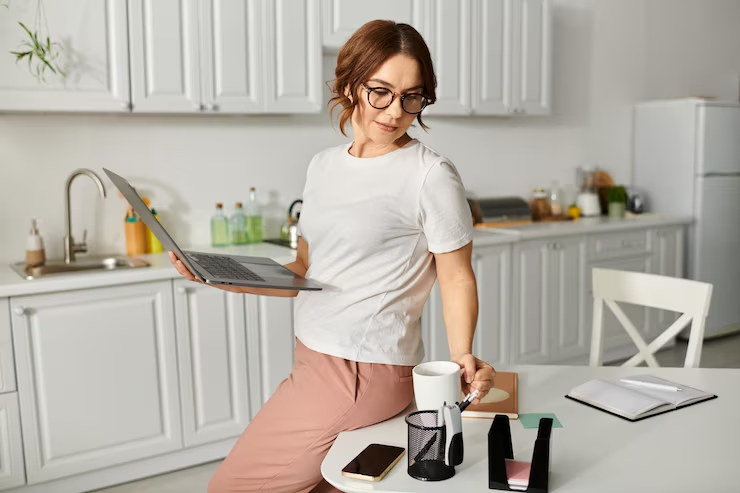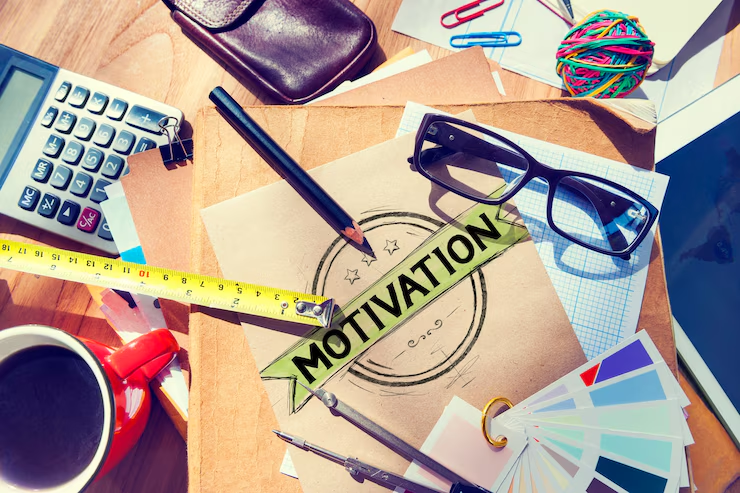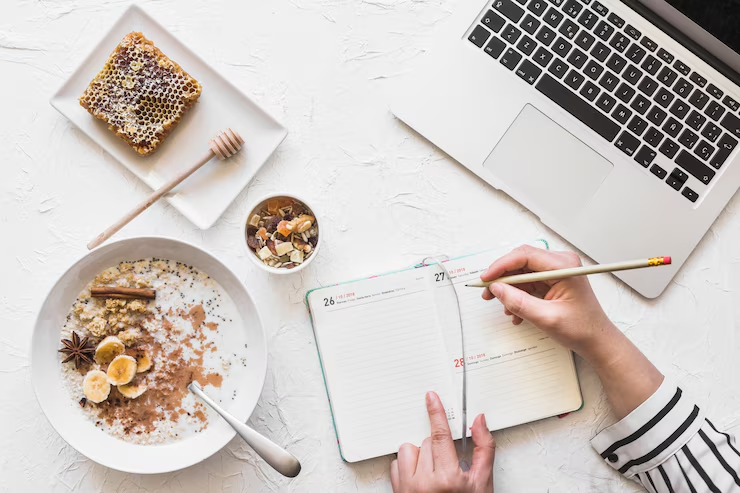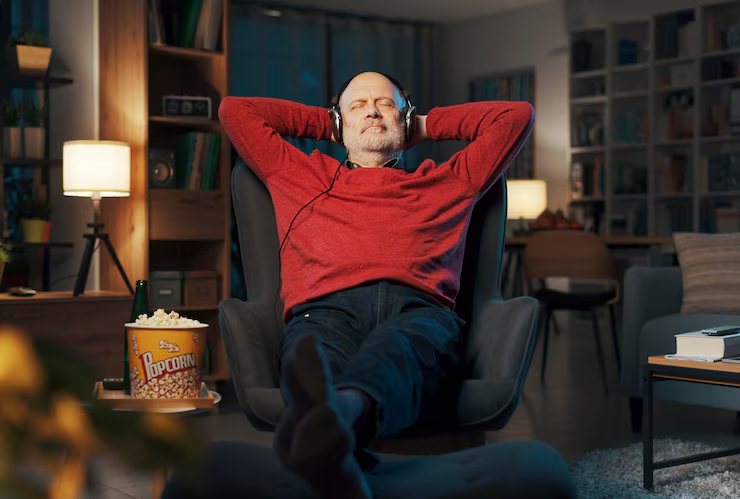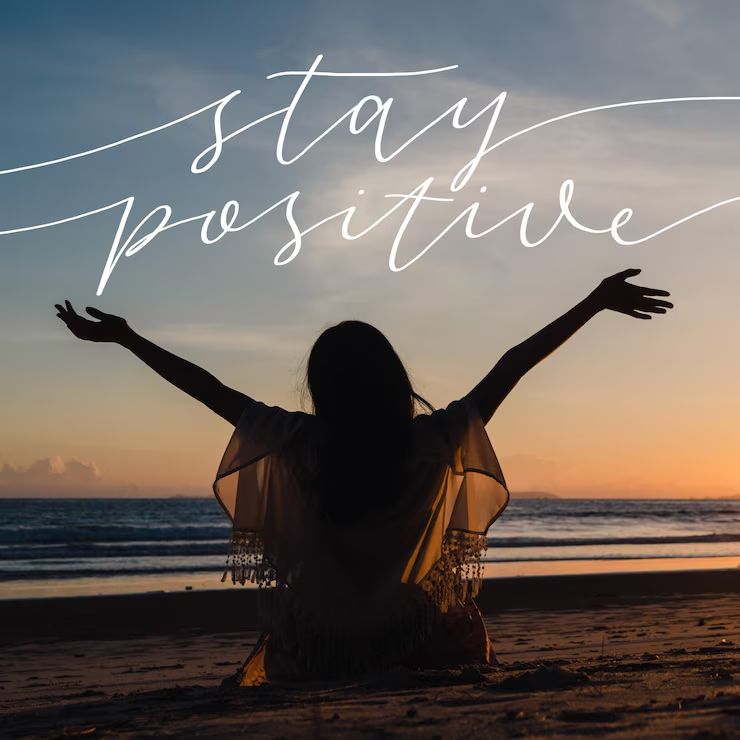Minimalist Lifestyle for Beginners In 2025
Introduction
In today fast paced consumption driven world it easy to become overwhelmed by clutter both physical and mental. Minimalist Lifestyle for Beginners In 2025. The minimalist lifestyle has emerged as a powerful solution for those seeking peace clarity and purpose. If you tired of stress excessive possessions and chaotic routines minimalism might be the lifestyle shift you need. This guide is designed especially for beginners who want to understand adopt and thrive in a minimalist lifestyle one small step at a time.
What Is Minimalism
Understanding Minimalism
Minimalism is about living with intention. It involves stripping away the unnecessary and focusing on what truly matters. Its not about living with nothing its about living with enough.
Philosophy Behind Minimalism
At its core minimalism embraces
- Clarity over clutter
- Intentional choices over consumer impulses
- Purpose driven living
Minimalism vs. Deprivation
Many assume minimalism means deprivation. In reality it enhances your life by removing distractions and making room for joy focus and meaning.
Choose Minimalism
Benefits of a Minimalist Lifestyle
- Less stress: A tidy environment reduces anxiety.
- More time: Less cleaning and organizing means more time for meaningful activities.
- Greater clarity: Your goals and desires become easier to identify.
- Financial freedom: Fewer purchases mean more savings.
How Minimalism Changes Your Life
Living minimally can improve relationships boost productivity increase gratitude and reduce decision fatigue.
Myths About Minimalism
Minimalists Do not Own Anything
Reality Minimalists own what they need and love nothing more nothing less.
Minimalism Is Only for Singles or the Wealthy
Reality: Families students retirees and anyone in between can embrace minimalism.
Its Just a Design Trend
While clean open spaces are popular in design minimalism is a way of life not just a décor style.
Getting Started with Minimalism
Identify Your Why
Before decluttering ask:
- What am I hoping to change
- What causes me daily stress
Start Small
- One drawer.
- One room.
- One habit.
The 90/90 Rule
Have not used something in the last 90 days or won’t in the next 90? Let it go.
The One In One Out Rule
For every new item you bring in remove one. This keeps clutter at bay.
Decluttering Your Home
Declutter by Category
Try the KonMari method: clothes books papers miscellaneous sentimental items.
Minimalist Bedroom
- Stick to essentials: bed dresser nightstand.
- Neutral colors for peace.
- Store items out of sight.
Minimalist Kitchen
- One of each essential tool or appliance.
- Eliminate duplicates.
- Organize by function.
Minimalist Living Room
- Multi-functional furniture.
- Limit decorations to meaningful items.
- Hide cords and electronics.
Digital Minimalism
Clean Your Devices
- Uninstall unused apps.
- Organize your desktop and folders.
Control Notifications
- Turn off unnecessary alerts.
- Check email and social media at set times.
Limit Screen Time
- Set usage limits.
- Create screen free zones or hours.
Minimalist Finances
Evaluate Your Spending
- Track where your money goes.
- Identify non essential expenses.
Simplify Budgeting
- Use simple methods like the 50/30/20 rule.
- Automate savings and bills.
Embrace Intentional Spending
Spend on experiences needs or items that bring long term value not trends or status.
Minimalist Wardrobe
Build a Capsule Wardrobe
- Choose versatile timeless pieces.
- Stick to neutral colors.
- Invest in quality over quantity.
Practice Seasonal Rotation
Store off season clothing to reduce visible clutter and decision fatigue.
Minimalism and Mental Health
Reduce Mental Clutter
- Keep a journal.
- Meditate or practice mindfulness.
- Say no to unnecessary commitments.
Create a Simple Routine
- Establish morning and evening habits.
- Focus on 2 3 daily priorities.
Let Go of Guilt
Do not feel bad for parting with gifts heirlooms or items tied to outdated versions of yourself.
Minimalism for Families
Get Everyone On Board
Explain the benefits. Focus on shared goals like more quality time or saving money.
Declutter Toys and Kid Items
- Keep open-ended toys.
- Rotate instead of adding.
Simplify Family Schedules
Limit extracurriculars have shared calendars and prioritize family routines.
Minimalist Habits to Adopt
Daily Habits
- Make your bed.
- Clean as you go.
- Do a 5 minute evening reset.
Weekly Habits
- Review your schedule.
- Clear inboxes.
- Reflect on your goals.
Monthly Habits
- Declutter one space.
- Review subscriptions and spending.
- Donate unused items.
Sustainable Minimalism
Buy Less Choose Well
Quality lasts longer. Choose eco friendly ethical brands.
Reduce Waste
- Recycle properly.
- Compost food waste.
- Use reusable bags bottles and containers.
Donate Sell Repurpose
Avoid the landfill. Give your items a second life.
Overcoming Minimalist Challenges
Emotional Attachments
- Take pictures of sentimental items.
- Keep a memory box.
Social Pressure
Your lifestyle may be different and that okay. Lead by example not explanation.
Avoiding Perfectionism
Minimalism is not a one time event. It a journey of continuous simplification.
Maintaining the Lifestyle
Conduct Regular Check-ins
- Does this add value
- Am I accumulating again
Evolve With Life Stages
Your minimalist life will look different in college marriage parenting or retirement.
Celebrate Small Wins
Progress over perfection. Each cleared drawer and calm morning is a victory.
Real Life Examples of Minimalist Living
Sarah A Busy Working Mom
Sarah a full time nurse and mother of two embraced minimalism to gain control over her chaotic schedule and cluttered home. Her approach:
- Created a family capsule wardrobe
- Decluttered the kitchen keeping only what she uses
- Stopped buying toys impulsively
Outcome: More family time calmer evenings and reduced expenses.
Amir Tech Professional in a Big City
Amir downsized from a two-bedroom apartment to a studio to live minimally. His choices:
- Switched to cloud storage to reduce digital clutter
- Cut down his wardrobe to 30 pieces
- Chose quality furniture and appliances over quantity
Outcome: Fewer decisions daily and increased productivity.
Ayesha & Rizwan Minimalist Family of 4
This Pakistani couple chose minimalism to escape debt and live purposefully.
- Introduced a no spend month challenge
- Sold unused electronics
- Opted for experience gifts rather than material ones
Outcome: Financial stability stronger family bonding and less anxiety.
Minimalist Mindset Shift
Replacing Scarcity with Abundance
Minimalism helps you realize
- You have more than enough.
- You are enough.
- Time and relationships are your most valuable resources.
Cultivating Gratitude
Practicing gratitude shifts your focus from what you lack to what you value.
- Keep a gratitude journal.
- Use items until they are truly worn out.
- Appreciate small joys like a quiet cup of tea or an uncluttered desk.
Learning to Let Go
Letting go of
- The fear of missing out (FOMO)
- People-pleasing behaviors
- Keeping up with societal expectations
Minimalism for Productivity and Time Management
Use Time Like a Minimalist
Time is non renewable. Minimalists
- Say no to time wasting commitments
- Batch tasks (emails errands)
- Schedule only what aligns with core goals
Create a Simple Daily Routine
A minimalist day might include
- Morning ritual (stretching journaling)
- 3 key tasks
- Short tech detox breaks
- Evening wind-down routine
The Power of a To Do not List
Instead of adding more to your plate try a to do not list
- Do not multitask
- Do not check your phone during meals
- Do not compare your journey to others
Minimalism and Mindful Consumption
Conscious Consumerism
Ask before every purchase
- Do I need this
- Will this improve my life long term
- Can I borrow rent or repurpose instead
Detoxing from Advertising
- Unsubscribe from brand emails.
- Limit time on shopping sites.
- Avoid mindless scrolling through shopping apps.
Buy Once Use Forever
Choose
- Timeless fashion over trendy
- Durable over cheap
- Repairable over disposable
Minimalism for Emotional Well-Being
Creating Emotional Space
Minimalism is not just about external clutter. It helps clear
- Toxic relationships
- Negative self talk
- Overwhelming expectations
Prioritize Self-Care
Minimalists know that time for self is not a luxury it essential.
- Simplify your skincare routine
- Reduce your commitments
- Meditate regularly even for 5 minutes a day
Minimalism in Social Media Use
- Follow only accounts that inspire or educate
- Unfollow comparison triggers
- Set a time limit for daily scrolling
Minimalism as a Long Term Lifestyle
The Plateau Phase
After initial decluttering you may hit a plateau. That normal. Reassess
- Are new items creeping in
- Are old habits returning
- Do you need a fresh area to declutter
Keep Evolving
Minimalism isn’t static. As your goals shift so does your version of enough.
- Revisit your why quarterly
- Try new minimalist challenges
- Inspire others by sharing your journey
Finding Joy in the Journey
Minimalism is not a destination. It a mindful intentional journey. Celebrate
- Every drawer you cleared
- Every mindful purchase
- Every moment of peace you created
Final Thoughts
No matter your background income or lifestyle you can become a minimalist. Start with just one drawer one mindset shift or one change in your routine. The rewards will be lasting less stress more freedom and a life filled with purpose.
Conclusion
Minimalism is more than owning fewer things. It about freedom from clutter stress obligations and mindless consumption. It about living with purpose and surrounding yourself with only what supports your best self. Whether you decluttering a drawer or reevaluating your life priorities remember small consistent steps lead to big change.

